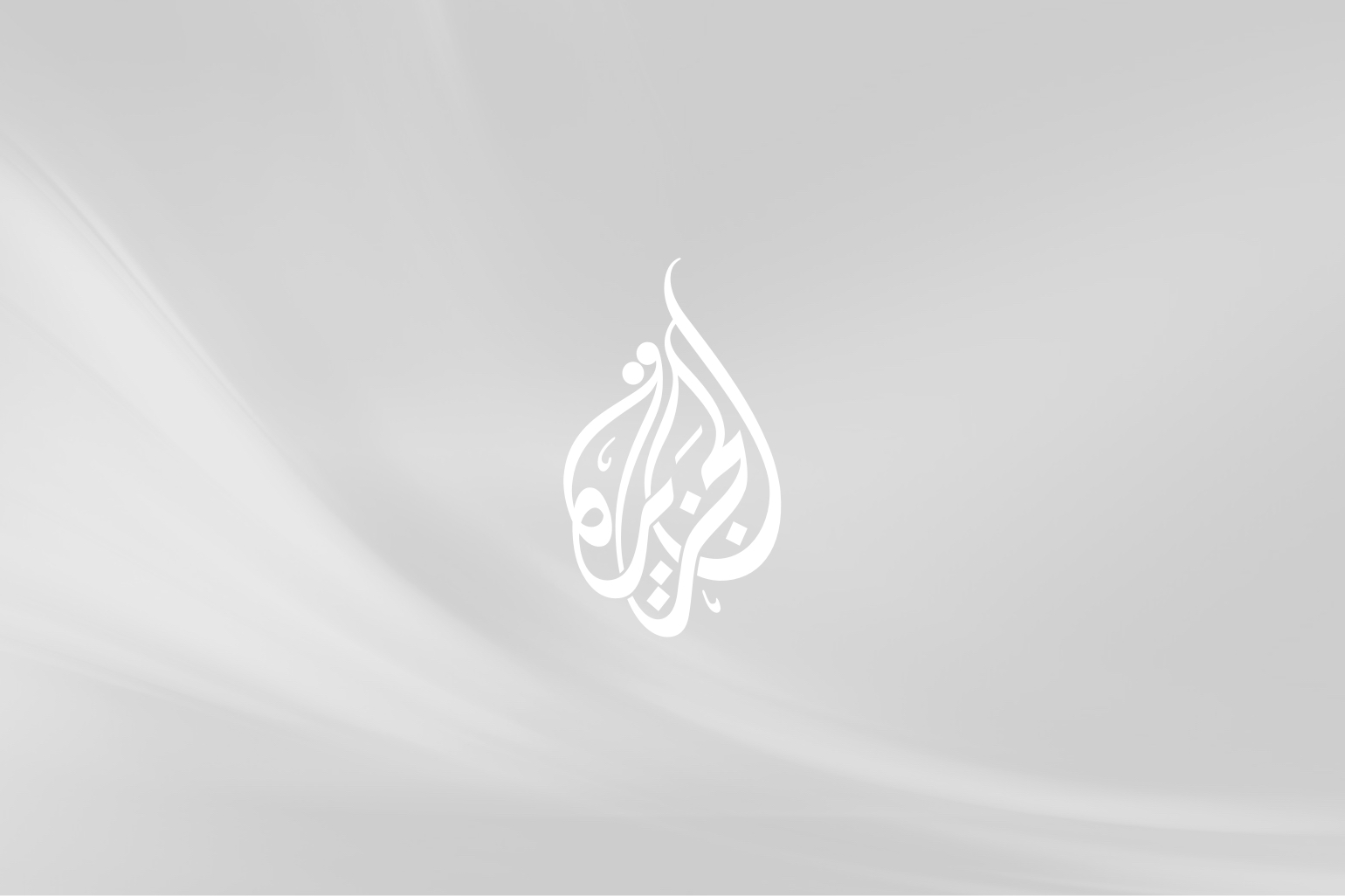US asks Iran to hand over al Qaeda suspects
The United States has asked Iran to hand over suspected al Qaeda members operating in its territory, the New York Times reported Monday, amid heightening tension between the two countries.
 |
| The White House has named Iran as one of three members of an ‘axis of evil’. Iraq and North Korea were also included |
The Times said the request came in a message sent shortly after the recent bombings against Western targets in Saudi Arabia, and after US officials reviewed intelligence that said Iran-based al Qaeda operatives were involved in the attacks.
“We passed them a message instead of meeting them face to face. The message was that this al Qaeda link is very serious,” an unnamed senior US official was quoted as saying.
“We and others concerned about the Saudi bombings have made clear that Iran needs to co-operate with the Saudi investigation, and there’s no reason to allow al Qaeda on Iranian territory,” the official said.
Also on Monday, the top Pentagon official reiterated the same statement on NBC television’s Today programme.
“The issue with Iran is pretty clear,” said Richard Myers, chairman of the joint chiefs of staff.
“We have to eliminate the safe havens where the terrorists are and Iran of course has some of the al Qaeda members,” Myers said.
“The reports are that al Qaeda has been in Iran off and on for some time, particularly after our actions in Afghanistan,” Myers said.
The requests come a day before a crucial meeting at the White House, which newspaper reports say will decide the administration’s policy on Iran.
Uncertain motives
 |
| Myers believes that al Qaeda members are hiding in Iran |
In its article, the Times also highlighted disagreements in US intelligence circles about the reliability of the links between the Saudi bombings and the suspected al Qaeda members operating out of Iran.
“There is a dispute in the intelligence community about what the latest evidence represents,” the Times quoted an administration official as saying.
He said that communications intercepts about the bombings could be interpreted in different ways, and that there was disagreement over “whether it represents a link to the Saudi bombings or to the Iranian regime.”
According to the article, administration officials are also uncertain about whether al Qaeda members in Iran are operating on Iranian territory temporarily and possibly without the government’s approval.
In addition, the unnamed US officials quoted in the Times story raised doubts about whether the Iranian government is possibly being convulsed by an inner struggle, with some wanting al Qaeda to leave and others wishing them to stay.
The US accused Iran last week of harbouring senior al Qaeda members, including the group’s security chief, Saif al Adel; bin Laden’s son, Saad; and Abu Musab Zarqawi, the operational commander whom Washington accuses of ties to ousted Iraqi President Saddam Hussein.
“Iran has detained a number of al Qaeda members, but the detainees are not senior members of the group,” Iranian state radio quoted foreign ministry spokesman Hamid Reza Asefi as saying.
Asefi did not give any other details about the al Qaeda detainees. Nor did he say where and when they were arrested.
Iran’s ambassador to the United Nations, Javad Zarif, told an American television network that Iran was trying to determine if Saif al Adel was among its al Qaida detainees.
Zarif renewed his nation’s insistence that it is co-operating in the war on terrorism on Sunday, a day after both sides announced the cessation of secret talks they had been holding in Geneva.
On Sunday, Iranian Foreign Minister Kamal Kharrazi said Iran had “no intention of sheltering al Qaida.” He added his government would prosecute any members of al Qaida if they were identified as being in the country.